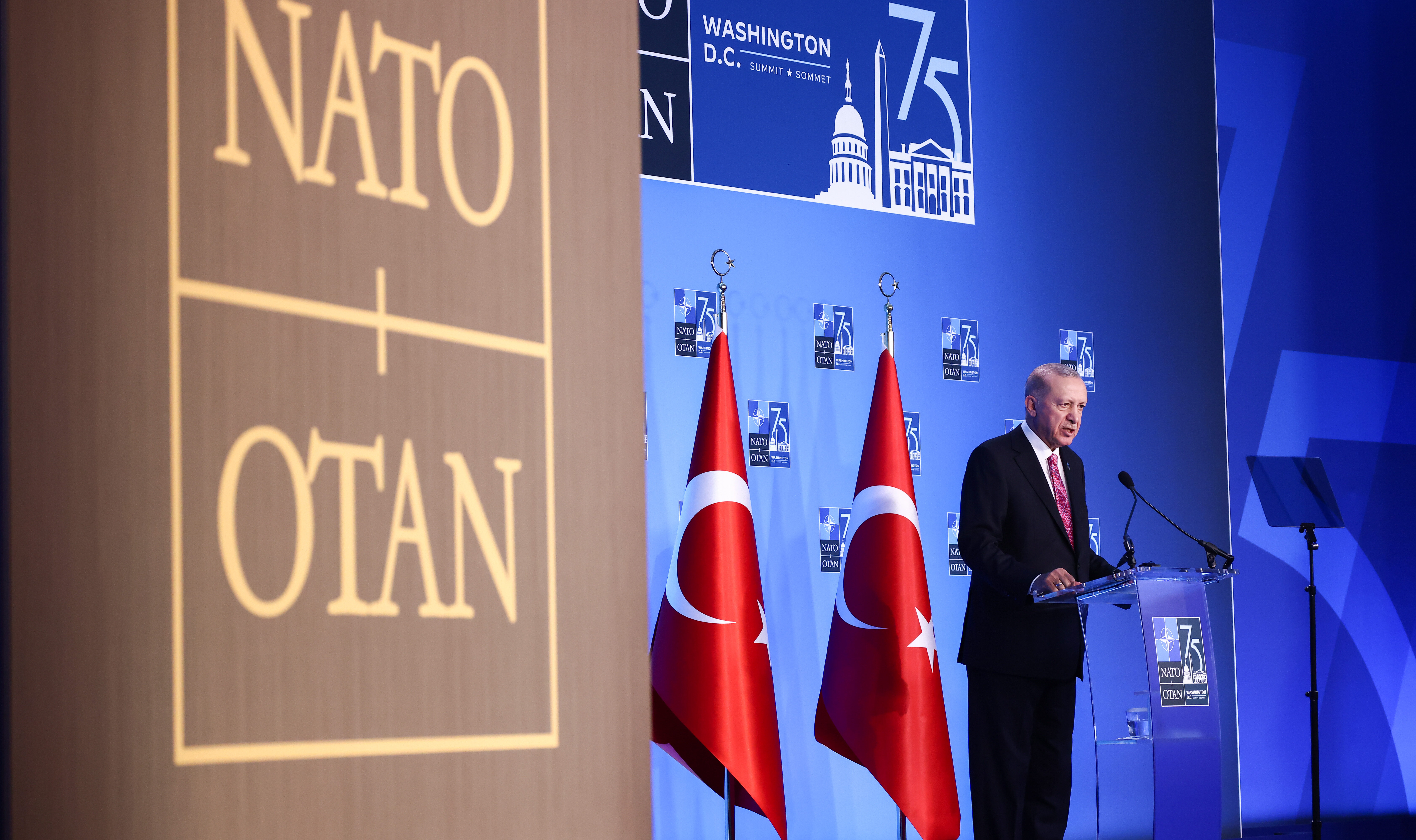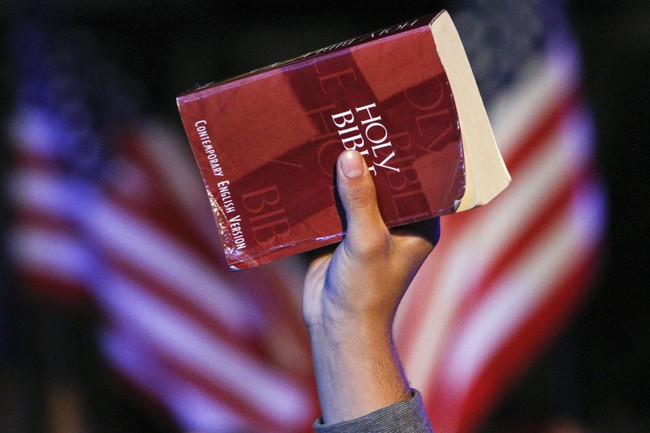
www.theamericanconservative.com
How Israel Captured TikTok
Foreign Affairs
How Israel Captured TikTok
The push to ban the app gained steam after pro-Palestinian content went viral.
Reports that TikTok will transfer an 80 percent stake in its U.S. operations to Oracle, Silver Lake, and Andreessen Horowitz are celebrated in Washington as a strategic victory over China, where its parent company is based. But a closer examination of the deal reveals a different winner: the foreign government of Israel and its lobby in the United States.
Though the first campaign to ban TikTok originated in concerns of Chinese manipulation and data theft, that effort ultimately fizzled out after TikTok agreed to hand over all user data to a U.S.-based contractor through their program Project Texas. But TikTok wasn’t out of the danger zone just yet.
As Mike Gallagher—a former U.S. congressman, current “head of defense” at big data company Palantir, and author of the revived and successful effort to ban TikTok—wrote in November 2023, the reason the U.S. needed to ban the most popular app among Gen Z was not because the algorithm caused young Americans to support China but because it caused them “to support Hamas.”
That same month, panic over TikTok’s “pro-terror” algorithm reached a crescendo after young people on the app discovered Osama bin Laden’s “Letter to America” through their “For You” page. For the first time, many Gen Zers read the Al Qaeda leader’s own explanation for why the U.S. was attacked on 9/11—an explanation that had nothing to do with hating “our freedoms,” as official Washington had long insisted, and everything to do with U.S. militarism abroad, particularly on behalf of Israel. Because too many young people learned why they really hate us, the bin Laden letter was swiftly banned from TikTok and censored from the Guardian’s own website, where it had been hosted for over 20 years.
TikTok’s capacity to totally and instantaneously shatter decades of neoconservative propaganda revealed what Jonathan Greenblatt, CEO of the Anti-Defamation League, would label Israel’s “TikTok problem”: that the app exposes a generation of Americans to too much information unapproved by the CIA and Mossad.
Israel’s representatives in the U.S. Congress moved quickly, voting to ban the app in April 2024. “There was such overwhelming support for us to shut down” the app, explained then-Senator Mitt Romney of Utah, because “if you look at the postings on TikTok and the number of mentions of Palestinians, relative to other social media sites—it’s overwhelmingly so among TikTok broadcasts.”
That ban is now unlikely to go into effect, not because of concerns about free speech or government overreach, but because Israel’s TikTok problem has been solved. In July, TikTok hired IDF instructor and self-declared “passionate Zionist” Erica Mindel to serve as the company’s hate speech manager.
And as independent journalists Lee Fang and Jack Poulson reported last year, TikTok has forged a content moderation partnership with CyberWell—an NGO closely linked to the Israeli government and staffed by Israeli spies—whose chief executive publicly boasts about the foreign lobby’s successful campaigns to suppress the free speech of Americans and restrict the information they can receive not just on TikTok but across “all major social media platforms.”
The acquisition of TikTok by Oracle, Silver Lake, and Andreessen Horowitz is therefore not simply a reshuffling of corporate control, but the latest step to consolidate a foreign government’s censorship regime in America. The app’s new owners openly display their affection for, and often loyalty toward, Israel.
Oracle’s billionaire founder Larry Ellison—who believes that “there is no greater honor than supporting” the foreign military of Israel—is one of the most unapologetic Zionist oligarchs in America. The Ellison family has poured millions into Israel’s tech and surveillance industries, even working with the Israeli government and its spies to monitor and disrupt Americans who use their free speech to boycott that foreign government. More recently, Larry Ellison and the heir to the Oracle fortune, his son David, have gobbled up the largest media conglomerates in America as part of their mission to shape the information system in Israel’s favor. Oracle’s acquisition of TikTok is part of that broader effort.
Cofounded by the son of a famous Israel First neoconservative, TikTok’s other new owner, Andreesen Horowitz, is equally aligned with the Israeli government; the firm has rapidly become one of the most active foreign investors in Israel. Impressed by Israel’s genocide in Gaza, its various wars of aggression, and its pager attacks against civilians in Lebanon, Andreesen Horowitz launched a recruiting drive to attract the “Elite IDF talent” behind each of those war crimes.
Like Israel’s repression of the Palestinians and territorial expansion, its attempt to censor the free speech of Americans and control the information system goes back many decades; indeed, they go hand in hand.
Israeli officials have long understood the growing unpopularity in the West for their campaign to create a Greater Israel, yet they rely entirely on the support of Western democracies to shield and finance its construction. No longer able to secure that backing through democratic consent, Israel and its network of loyalists have sought to guarantee it through systems of anti-democratic control. The ongoing political rebellion of young Americans against our Middle Eastern protectorate, highlighted in recent polling, has shown Israeli officials and their allies that without manipulating American perceptions through hasbara and censorship, Israel will be politically isolated, weak, and unable to survive. TikTok’s capture by some of Israel’s most powerful supporters helps ensure that the Israel-skeptical sentiments of Gen Z—the most politically disruptive generation in decades—will be contained.
The post How Israel Captured TikTok appeared first on The American Conservative.











 Bitchute
Bitchute





